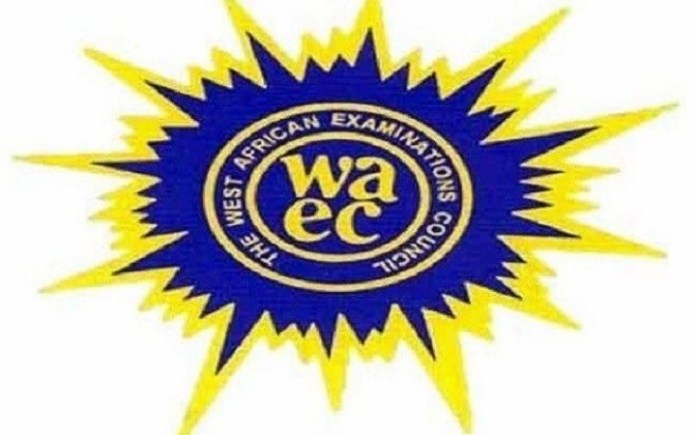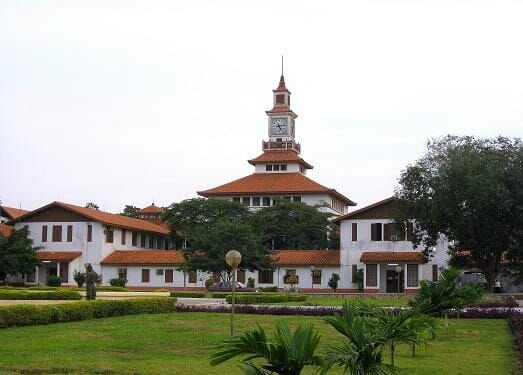AUDIO: Teachers group kicks against govt’s laptops

A teachers group calling itself Innovative Teachers is worried about the quality of laptops under the ‘One Teacher One Laptop’ programme in fulfilment of the government’s pledge to equip Ghanaian teachers.
According to them, they sense acts of corruption in the procurement of the laptops.
Speaking on Adom FM’s Morning show Dwaso Nsem Monday, founder of the association, Stephen Desu, said they believe the prices have been inflated.
To him, the TM1 laptops by the government are of doubtful quality just like the RLG laptops.
“There are no parts on the market to replace them when any part needs to be replaced and as a result, it will not last long to deliver the purpose for which they were procured.
“One cannot fathom but wonder why the state cannot procure laptops from known brands such as HP, Lenovo, Dell, Toshiba, Samsung, Sony, Acer which are generally of good quality and their parts can easily be replaced when they get spoilt,” he queried.
Under the initiative, the government is to provide every teacher in Ghana, from Kindergarten to the Senior High School level, with a laptop preloaded with educational materials and with access to an E-Library equipped with books recommended by the Ghana Education Service (GES) on the various subjects.
The materials can be accessed whether online or offline and with free Wi-Fi available in 722 Senior High Schools across the country, access to the almost innumerable resources available on the internet is expected to aid research, teaching and learning.
The State would take up 70% of the cost of the laptop, while the teacher makes up the difference. The laptop, however, becomes the personal property of the teacher and serves the benefit of providing a tool for developing the teacher’s professional and personal capacity.
But Mr Desu also noted in accordance with the labour law, it is the responsibility of the employer, the GES to provide all necessary tools for the work of the teacher.
“The Labour Law section 9 (a) specifically tasks the employer (GES) to provide the machinery, equipment, and tools needed by the employees (teachers) to work. It is the responsibility of the GES to tool teachers to work.
“This cost-sharing idea of tooling teachers under the cloak of ‘personal assets’ is alien to the Labour Law (Act 651),” he added.
No survey, he noted, was done to determine the number of teachers who have laptops and teachers who might not be interested in acquiring laptops from the government through cost-sharing.
“Procuring 280,000 laptops for all teachers when GES cannot force all teachers to pay 30 percent of the cost of the laptops is a grotesque waste of public funds and a betrayal of protecting the public purse mantra by the President,” he said.
Mr Desu further said the acceptance of the deal by some teacher groups is irrelevant because the individual teacher has the choice to make whether to pay the 30 percent cost of the laptop or not.





